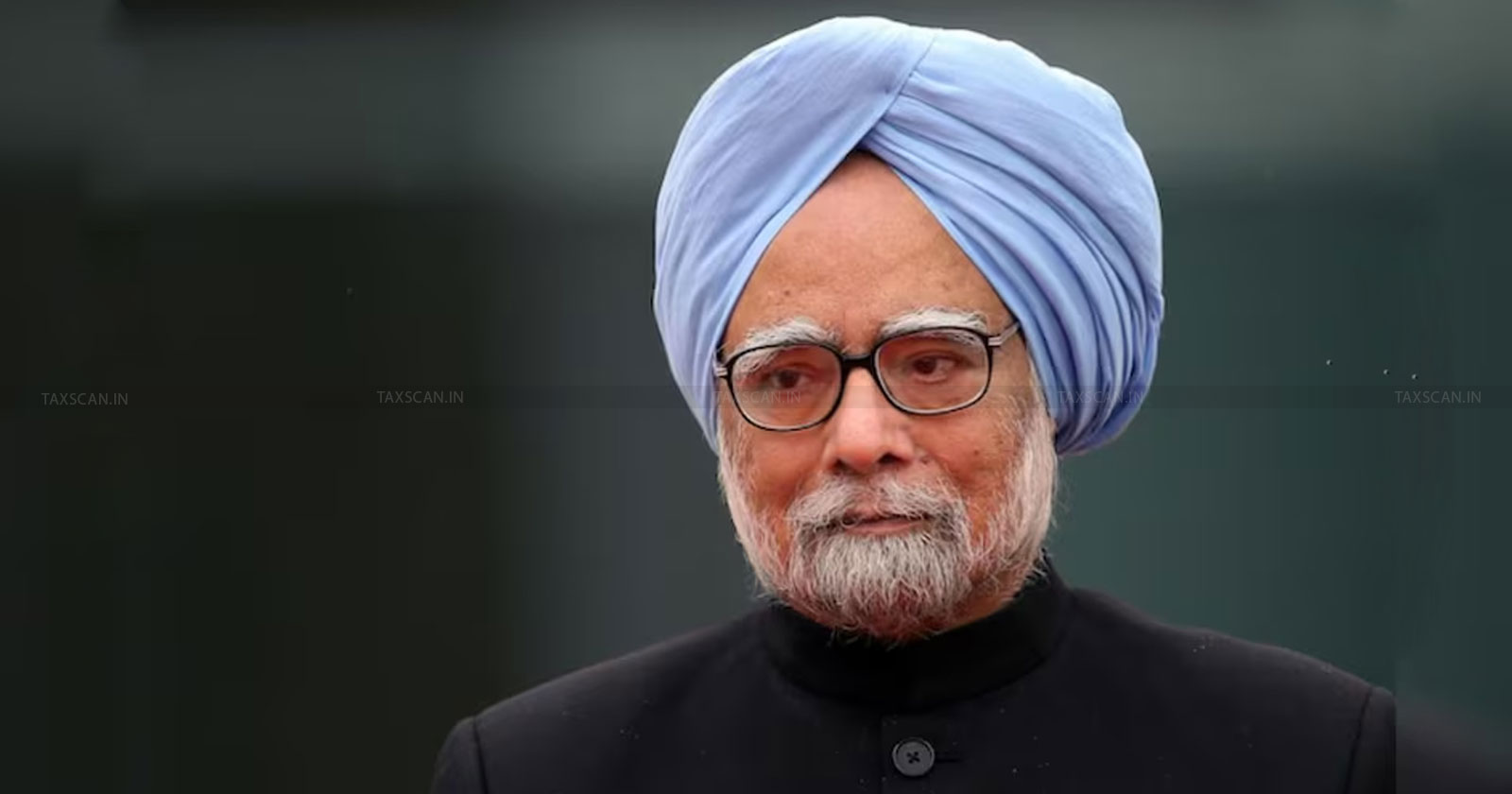Former PM and India's 22nd Finance Minister Dr. Manmohan Singh Passes Away: Revisiting His Economic Reforms including LPG
His contributions were recognized both nationally and internationally. He was awarded the Padma Vibhushan in 1987 and was named Finance Minister of the Year by Euro Money and Asia Money in the early 1990s

Manmohan Singh – Former PM Manmohan Singh – Manmohan Singh death new – TAXSCAN
Manmohan Singh – Former PM Manmohan Singh – Manmohan Singh death new – TAXSCAN
India’s 14th Prime Minister and 22nd Finance Minister Dr. Manmohan Singh passed away on December 26, 2024 at AIIMS hospital. This is the visionary man who opened the economic corridors of India through LPG.
Born on September 26, 1932, in Gah, West Punjab (now in Pakistan), Dr. Singh’s family migrated to India during the partition in 1947. Despite the hardships of migration, he excelled academically, securing a Bachelor’s and Master’s in Economics from Panjab University. He went on to pursue an Economic Tripos at Cambridge University and later obtained a D.Phil in Economics from Oxford University in 1962.
Effortless Faceless Appeals – File with GPT Precision - Click here to Register
Dr. Manmohan Singh began his professional career teaching at Panjab University and the Delhi School of Economics before transitioning to public service. He worked for the United Nations between 1966 and 1969 and was later recruited by Lalit Narayan Mishra as an advisor in the Ministry of Commerce and Industry.
Over the next two decades, he held several key positions, including: Chief Economic Advisor (1972–1976), Governor of the Reserve Bank of India (1982–1985) and Deputy Chairman of the Planning Commission (1985–1987).
The 1991 Economic Reforms- LPG: A Turning Point
The 1991 economic reforms, referred to as the LPG (Liberalization, Privatization, and Globalization) reforms, marked a transformative era in India’s economic history. These reforms were initiated under the leadership of Prime Minister P.V. Narasimha Rao and Finance Minister Dr. Manmohan Singh, addressing a series of critical economic challenges that had brought the country to the brink of crisis.
Effortless Faceless Appeals – File with GPT Precision - Click here to Register
One of the primary reasons for implementing these reforms was the severe fiscal imbalance. In 1991, India’s fiscal deficit stood at a staggering 10.4% of GDP. To manage this deficit, the government resorted to heavy borrowings, leading to an internal debt level of nearly 50% of GDP.
Dr. Singh’s bold reforms dismantled the License Raj, reduced state control over the economy, lowered import tariffs, and opened the doors to Foreign Direct Investment (FDI). His historic budget speech declared, “No power on earth can stop an idea whose time has come,” signaling India’s pivot from a socialist to a market-driven economy. These measures not only stabilized the economy but also set the stage for decades of growth and innovation.
His vision for economic reform was eloquently captured in his 1993 statement: “To bring about rapid and sustained improvement in the quality of life for the people of India, central to this goal is the rapid growth in income and productive employment. The only durable solution to the curse of poverty is sustained growth of income and employment. Such growth requires investment: investment in forms of roads, irrigation, power, and above all in people, and these investments must be productive.”
Effortless Faceless Appeals – File with GPT Precision - Click here to Register
Prime Ministerial Tenure:
Dr. Singh served as India’s Prime Minister from 2004 to 2014, a period of great economic growth. Under his guidance, India’s GDP grew at an average rate of 7.7%, transforming the country into a nearly $2 trillion economy. His tenure also emphasized inclusive growth through landmark legislations such as:
- Right to Information Act (2005)
- National Rural Employment Guarantee Act (MGNREGA, 2005)
- Right to Education Act (2009)
His contributions were recognized both nationally and internationally. He was awarded the Padma Vibhushan in 1987 and was named Finance Minister of the Year by Euro Money and Asia Money in the early 1990s.
Support our journalism by subscribing to Taxscan premium. Follow us on Telegram for quick updates


